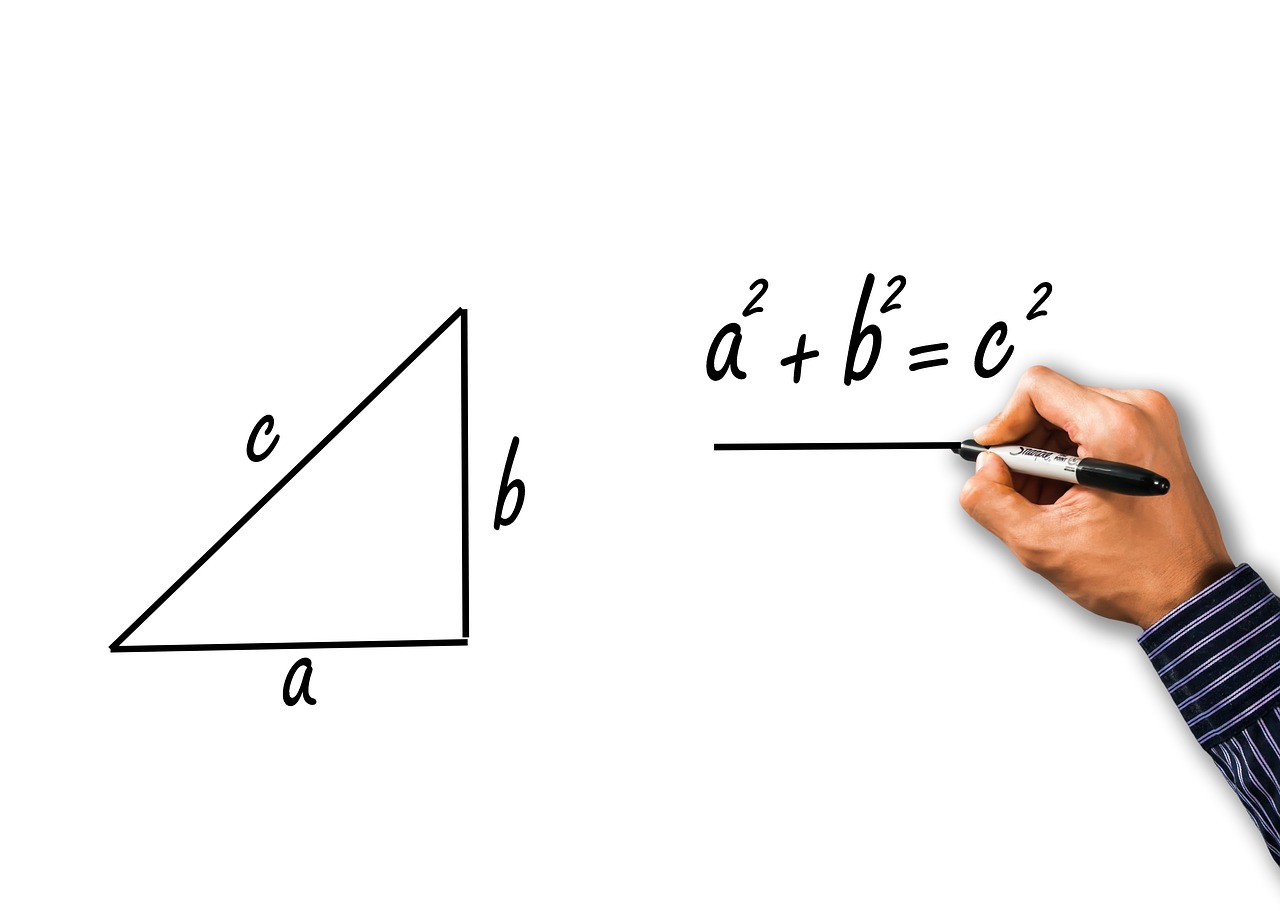Mastering key formulas and concepts is essential for success in the Karnataka Common Entrance Test (KCET). In this blog post, we’ll cover the fundamental formulas and concepts that every KCET aspirant should be well-versed in across subjects like Physics, Chemistry, Mathematics, and Biology. These formulas and concepts serve as the foundation for solving problems and understanding topics comprehensively, enabling aspirants to excel in the exam.
- Physics:
- Mechanics: Newton’s laws of motion, equations of motion, work-energy theorem, conservation laws (linear momentum, angular momentum, energy), projectile motion.
- Thermodynamics: Laws of thermodynamics, specific heat capacity, heat transfer mechanisms (conduction, convection, radiation), Carnot cycle.
- Electricity and Magnetism: Ohm’s law, Kirchhoff’s laws, Coulomb’s law, magnetic field due to a current-carrying conductor, Faraday’s law of electromagnetic induction.
- Chemistry:
- Chemical Bonding: Lewis structures, VSEPR theory, molecular geometry, hybridization, bond angles, polarity.
- Stoichiometry: Balancing chemical equations, mole concept, stoichiometric calculations, limiting reagents, percent composition.
- Chemical Kinetics: Rate laws, order of reaction, activation energy, factors affecting reaction rate, collision theory.
- Organic Chemistry: Functional groups, nomenclature, isomerism, reaction mechanisms (substitution, addition, elimination), resonance.
- Mathematics:
- Algebra: Quadratic equations, inequalities, sequences and series, permutations and combinations, binomial theorem.
- Trigonometry: Trigonometric functions, identities, properties of triangles, inverse trigonometric functions.
- Calculus: Differentiation, integration, applications of derivatives and integrals, limits and continuity.
- Coordinate Geometry: Straight lines, circles, parabolas, ellipses, hyperbolas, conic sections.
- Biology:
- Cell Biology: Cell structure and function, cell organelles, cell division (mitosis, meiosis), cell cycle.
- Genetics: Mendelian genetics, inheritance patterns, Punnett squares, DNA replication, transcription, translation.
- Plant Physiology: Photosynthesis, respiration, transpiration, plant growth regulators, tropisms.
- Human Physiology: Digestive system, respiratory system, circulatory system, nervous system, endocrine system.
Conclusion: Familiarizing yourself with these crucial formulas and concepts across Physics, Chemistry, Mathematics, and Biology is essential for KCET preparation. Practice applying these formulas and understanding the underlying concepts through solving problems, taking mock tests, and revising regularly. By mastering these foundational concepts, KCET aspirants can build a strong academic foundation and boost their confidence to tackle questions effectively in the exam.


